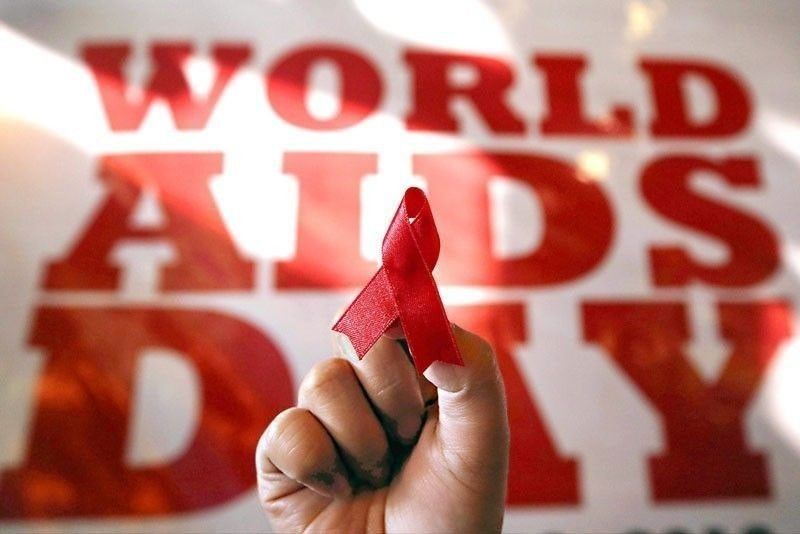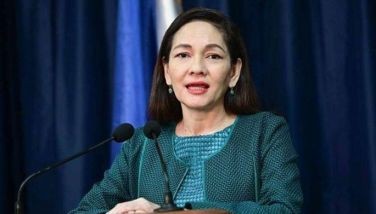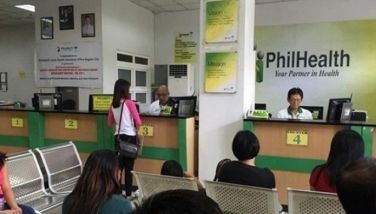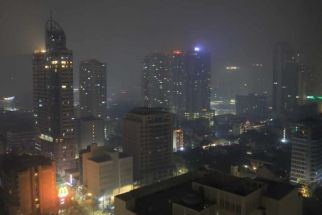Help end stigma against AIDS – Palace

MANILA, Philippines — The public has been urged to help end the stigma associated with AIDS and work together to boost the country’s capability in curbing health risks.
In a statement issued in observance of World AIDS Day yesterday, presidential spokesman Harry Roque said the government has undertaken measures to prevent the spread of HIV/AIDS, including the passage of a law that seeks to ensure access to preventive health services.
“As we commemorate World AIDS Day, we must not only help end the stigma of HIV/AIDS but also work together to increase the capacity of our country to early warning risk reduction and management of national and global health risks such as HIV/AIDS,” Roque said at a press briefing.
Roque said the law also punishes discrimination against people with HIV/AIDS and the disclosure of confidential HIV/AIDS-related information.
The Department of Health (DOH) said many Filipinos, mostly men, are still getting infected with human immunodeficiency virus or HIV even in the wake of the COVID pandemic.
Based on the DOH HIV/AIDS Registry of the Philippines (HARP), 735 people tested positive for HIV in October.
A majority or 704 of the new HIV infections are males.
The DOH reported that the cases recorded in October brought to 81,169 the total number of HIV and AIDS cases in the country since January 1984.
Among the 81,169 diagnosed cases, 94 percent or 76,216 were males and more than half or 41,163 were 25 to 34 years old at the time of the diagnosis.
The National Capital Region accounted for the highest number of cases with 30,622, followed by Calabarzon (Cavite, Laguna, Batangas, Rizal and Quezon) with 12,467 and Central Luzon with 8,005.
Central Visayas posted a total of 6,827 cases and Davao Region with 4,477.
Health Secretary Francisco Duque III said HIV remains a public health threat with 21 new infections diagnosed daily among Filipinos.
Duque stressed the need for cooperation and collaboration among all sectors of society to prevent the spread of AIDS in the country.
“Despite the presence of the COVID-19 pandemic, we should all remain focused and resolute in our mandate of preventing and reducing transmission,” Duque said in a statement.
He issued the statement as the DOH and the Philippine National AIDS Council (PNAC) observe this year’s World AIDS Day themed “Global Solidarity, Shared Responsibility.”
This year’s theme recognizes and celebrates the contribution of partners and stakeholders to HIV response in the country.
Duque said health workers, civil society organizations, people living with HIV and various agencies all play a vital role in eliminating the stigma and discrimination as well as in providing accessible testing, treatment, care and support for people living with HIV.
The government, Duque said, would continue providing quality HIV and AIDS-related services, including addressing conditions that aggravate the spread of HIV infection such as poverty, gender inequality, marginalization and ignorance.
A study conducted by Gilead Sciences Inc. and the Sustained Health Initiatives of the Philippines indicated a disruption in access to HIV testing and treatment in the Philippines due to the pandemic.
The study revealed that more than 90 percent of people living with HIV as well as individuals at-risk of the infection reduced or delayed their visits to HIV clinics during the COVID-19 pandemic.
The disruption can set back efforts in trying to reduce the incidence rate, the study said.
In observance of World AIDS Day, the US embassy in Manila launched the President’s Emergency Plan for AIDS Relief (PEPFAR)-funded program to support the Philippine government’s HIV/AIDS prevention and treatment efforts.
Through PEPFAR, the US government committed more than P875 million over two years for the US-Philippine bilateral efforts against AIDS. – Mayen Jaymalin, Pia Lee-Brago, Robertzon Ramirez, Delon Porcalla
- Latest
- Trending






























